March 24, 2016
Coworking spaces not just suited to start-ups with Millennial occupants 0
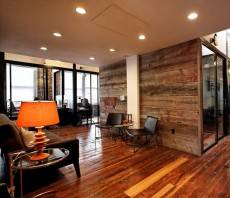 The rise in popularity of coworking spaces has been largely attributed to growing demand from creative and tech start-ups for shared workplaces that are cost-effective alternatives to traditional office leases. But there’s new evidence from the US that coworking spaces could also be eminently suitable even for larger occupiers, and especially in costly metro areas such as New York, San Francisco, Los Angeles and Boston. According to a new report from CBRE Group a number of misconceptions that have perhaps kept larger occupiers away from extensive use of coworking facilities do remain, including that this type of space is priced at a premium compared with traditional leases; that it is only utilized by entrepreneurs and small businesses; and that the users are exclusively post-college millennials. Yet CBRE’s report found that these assumptions are not accurate.
The rise in popularity of coworking spaces has been largely attributed to growing demand from creative and tech start-ups for shared workplaces that are cost-effective alternatives to traditional office leases. But there’s new evidence from the US that coworking spaces could also be eminently suitable even for larger occupiers, and especially in costly metro areas such as New York, San Francisco, Los Angeles and Boston. According to a new report from CBRE Group a number of misconceptions that have perhaps kept larger occupiers away from extensive use of coworking facilities do remain, including that this type of space is priced at a premium compared with traditional leases; that it is only utilized by entrepreneurs and small businesses; and that the users are exclusively post-college millennials. Yet CBRE’s report found that these assumptions are not accurate.





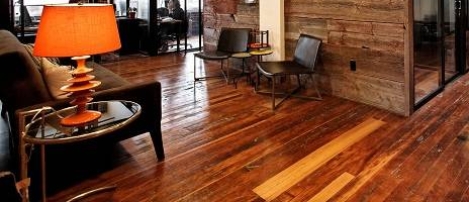










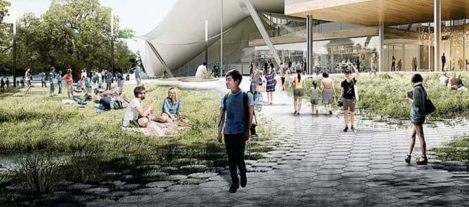

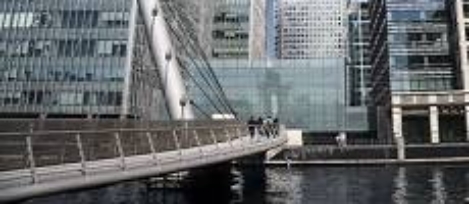






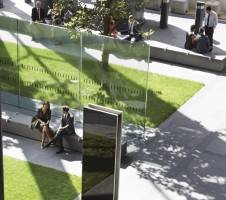















March 23, 2016
The choice of a clear or messy workplace is an expression of personality 0
by Michael Page • Comment, Flexible working, Workplace design
More →